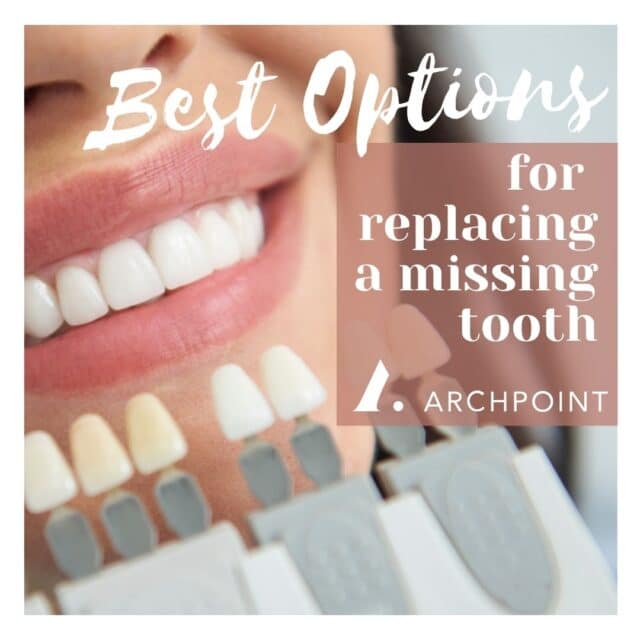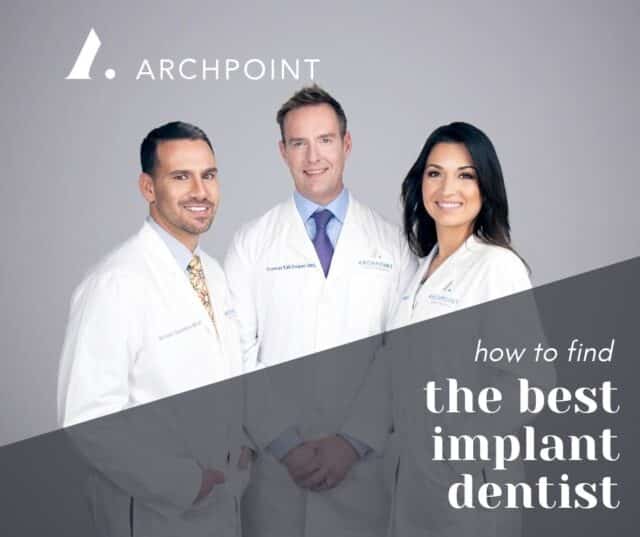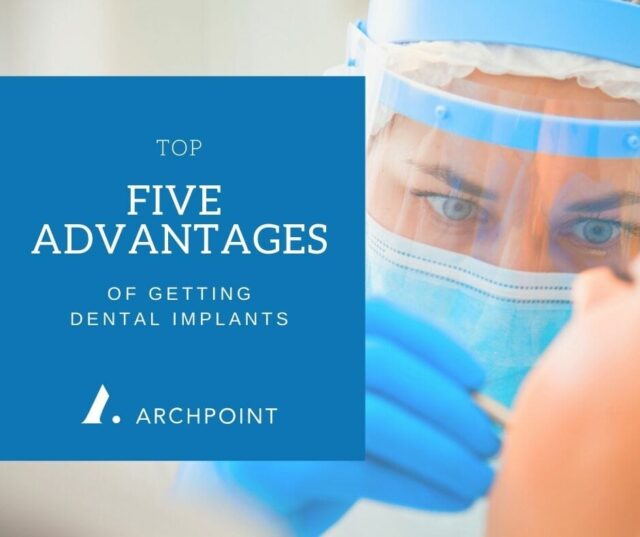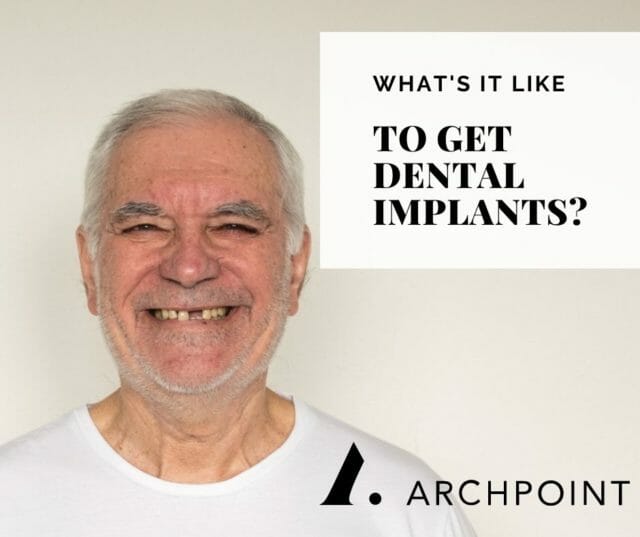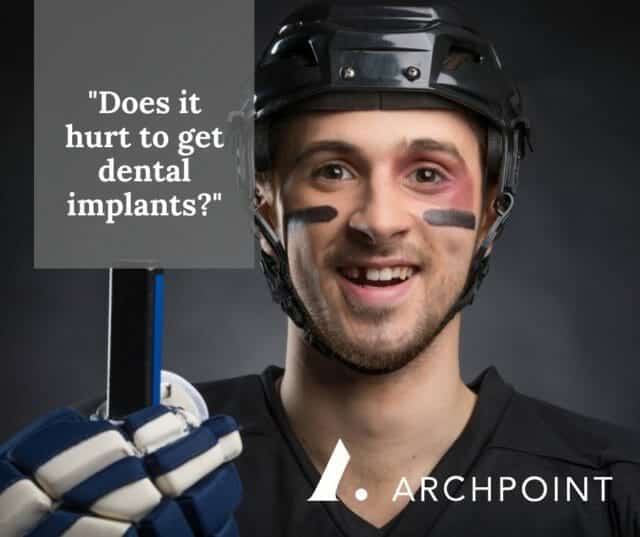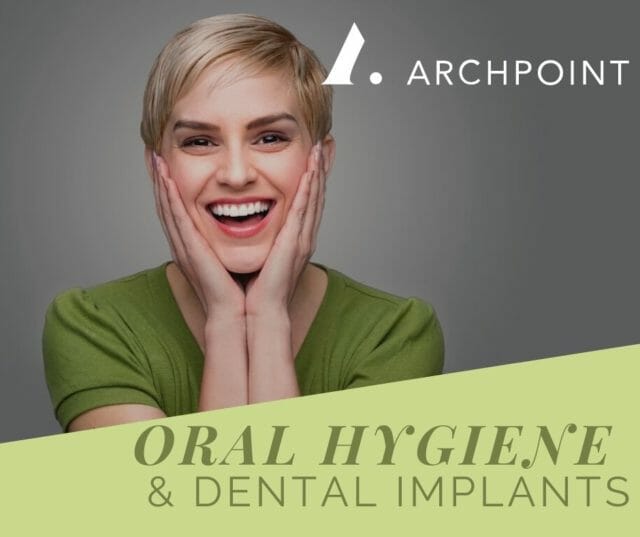Do you have a single missing tooth? Maybe you had to have it extracted because of a painful abscess. Or perhaps your tooth was broken because of a traumatic injury. Perhaps you grew up with a congenitally missing tooth, and one of your parents was missing the same tooth.
Whether you’re missing tooth is posing aesthetic challenges or it’s significantly altering the way you eat your meals, an open gap in your smile can impact your overall smile. By replacing it, you can help stabilize your adjacent teeth to maintain proper alignment. But it will also ensure your smile looks whole again so that you can laugh freely, smile around other people, or even strike up conversations with new colleagues.
But what is the best way to replace a missing tooth? With a dental implant, of course. Before we explain why, here are other popular tooth replacement treatments you may want to understand a little better:
Traditional Dental Bridge
The most common treatment for replacing a missing tooth is to install a fixed dental bridge. Bridges utilize the teeth on either side of your missing one. Essentially a bridge is a set of 3-4 crowns in a row, with only the end crowns being functional. The device is bonded over the supporting teeth, filling in the gap between them.
Although traditional bridges are extremely successful and have been used for decades, they have a couple of disadvantages: they have to be updated occasionally, and they require physical reduction of healthy tooth enamel in your supporting teeth. They are considered more “invasive” than dental implants.
Removable Partial Denture
Partial dentures are a traditional tooth replacement treatment when you only need to restore a limited number of teeth. Typically, they will be made from a durable metal frame, which snaps into place around your current bite. Wherever teeth are missing, an artificial ceramic or acrylic tooth is bonded to the partial.
A partial is usually reserved for scenarios where several teeth are missing, rather than just one. So, if you only need to replace a single tooth, a partial will probably not be your best option.
Valplast Partial for a Missing Tooth
This device doesn’t look like much of a partial at all. It almost looks like a cross between a traditional bridge and a retainer. Essentially there is an artificial tooth that is bonded to a small pink acrylic (and fairly flexible) base. But the base only wraps around the teeth immediately adjacent to the missing tooth. There are pink extensions that wrap around the supporting tooth near the gumlines, making it easier to blend in.
Maryland Dental Bridge
An alternative type of dental bridge is the Maryland design. Instead of a “cap” on either end of a 3-4 tooth restoration, there’s only one crown involved. But on the back of the crown, a small metal wing extends out either side. These extensions are bonded to the back of the teeth on each side.
Maryland bridges prevent having to reshape supporting teeth or at least keep the adjustments to the minimum. In most cases, they’re restricted to teeth at the front of your mouth, rather than those in the back. You cannot use Maryland bridges to replace back teeth because of the intense amount of biting pressure they would be exposed to. As you might guess, this missing tooth treatment isn’t used very often.
Temporary Flipper for a Missing Tooth
If you’ve ever needed a fast, temporary tooth replacement option, your dentist may have suggested a flipper. Flippers are great for kids whose mouths are rapidly developing, adults who need an interim option while they’re waiting on something more long-term, or to wear while you’re recovering from an extraction and waiting on something more permanent.
Flippers are almost like a retainer. They’re removable and fairly lightweight. The tissue-colored base has a single “tooth” bonded to it, so that when you put it in your mouth, the open gap in your smile is filled in. Best of all, flippers are probably the cheapest option when you need a quick tooth replacement.
Know Your Options
Being familiar with these different types of tooth replacement treatments will help you be better educated about your smile’s overall performance. It may be that you’ve already had one of these options in the past, or you are currently seeing a dentist who doesn’t offer the option of dental implants. As you weigh the pros and cons of your various options, you’ll feel more comfortable selecting the best solution for your immediate and long-term needs.
The Best Solution: Single Tooth Dental Implant
A dental implant is a permanent, stand-alone tooth replacement treatment. It’s the only type of restoration that’s non-invasive to your adjacent teeth with the durability of a natural tooth. Once it’s integrated, it isn’t going anywhere.
Individual dental implants are the best solution for replacing a missing tooth. Especially when you want to preserve the healthy teeth on either side. The integrity of a modern dental implant allows it to withstand the weight of normal biting forces and everyday wear. It’s the only tooth replacement that’s actually stronger than an anatomical tooth.
For a single tooth implant, our DFW specialists install the “artificial root” at the site of your missing tooth. Then we attach a custom-designed ceramic crown on top of the implant abutment. The shape and color of the crown are specifically chosen to match and blend in with the teeth on either side.
“Are Dental Implants Right for Me?”
ARCHPOINT Implant Dentistry provides our patients with individualized, attentive care that’s curated to their unique circumstances. We carefully screen each individual to determine if they qualify for implants, then adjust the care plan to fit their unique specific anatomical needs. For some people that means just one or two implants; for someone else, it could be an All-on-4 Total Smile experience.
Unsure whether DFW dental implants are right for you? Reserve a zero-pressure consultation with our Dallas and Fort Worth implant experts today to learn more. We’ll do everything we can to help put a smile back on your face.
